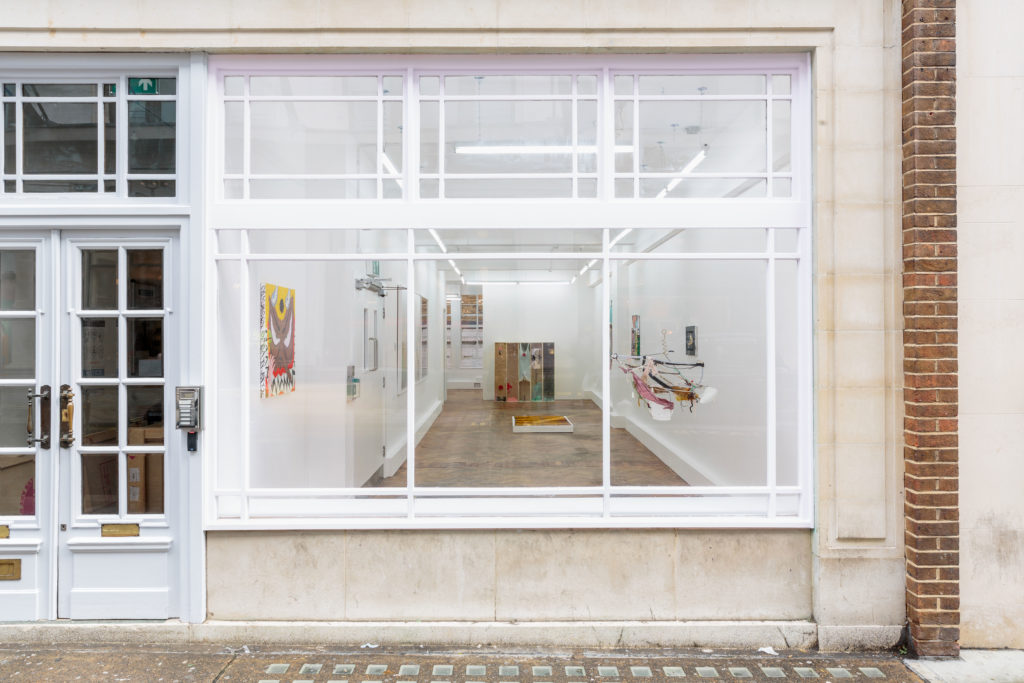
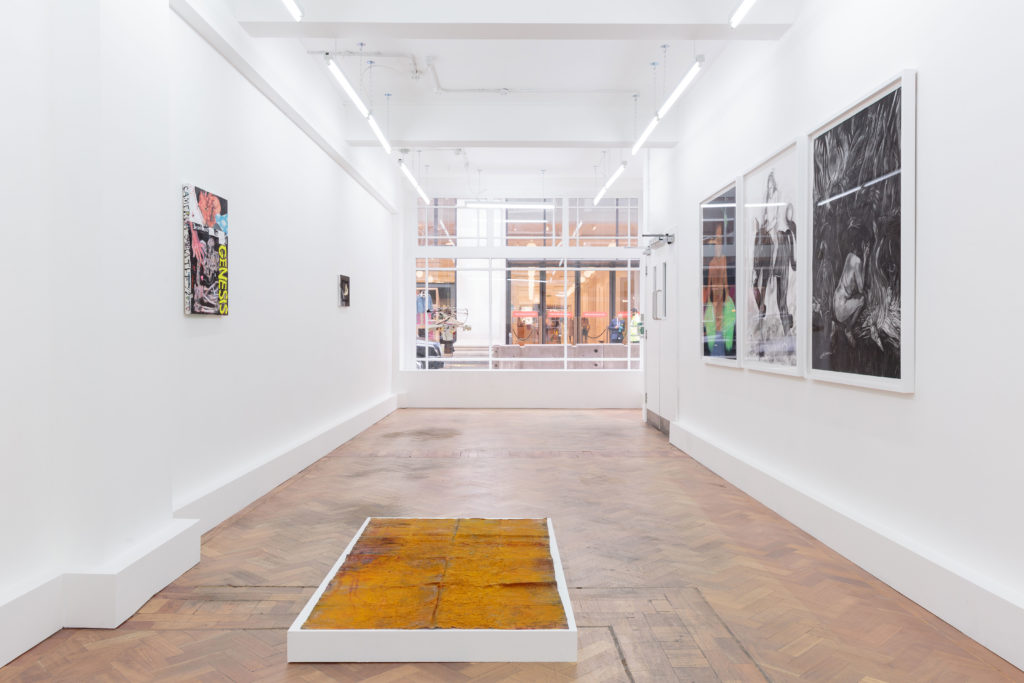
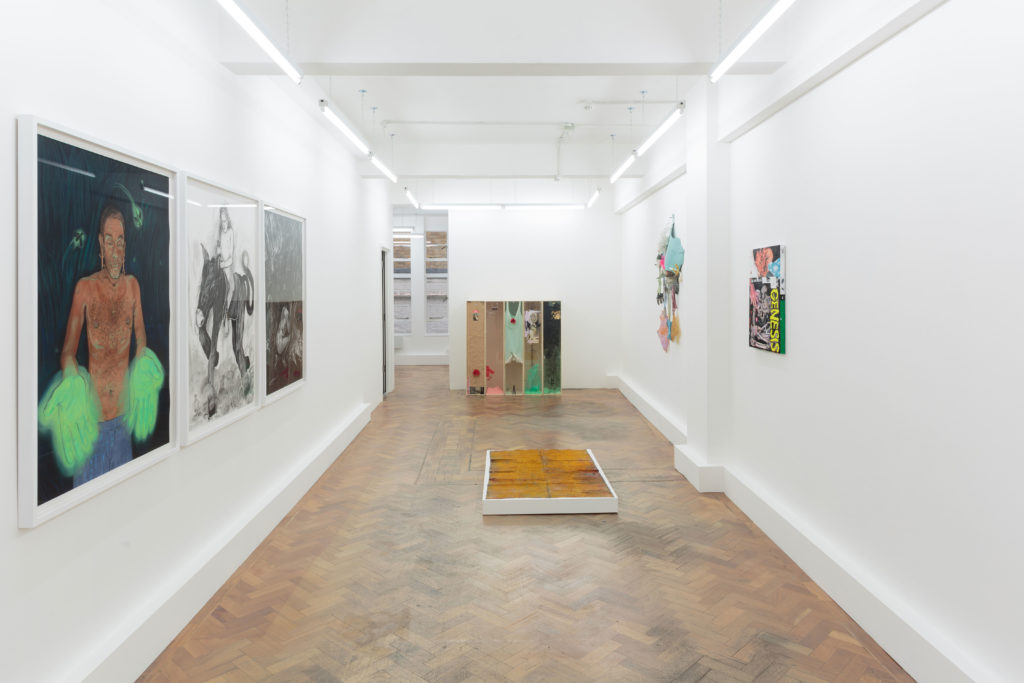
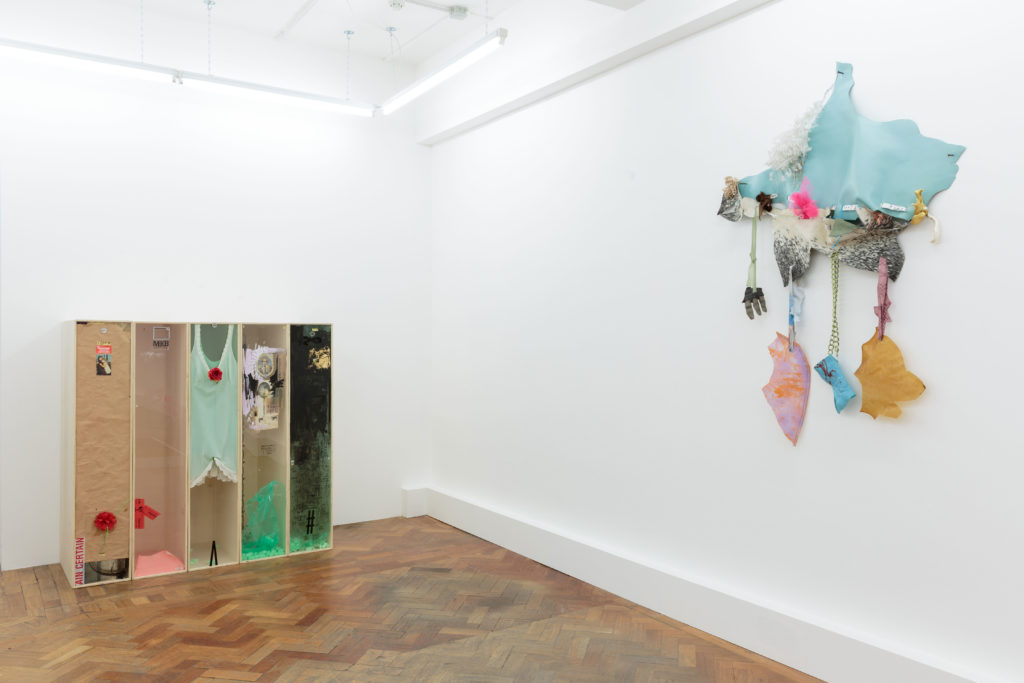
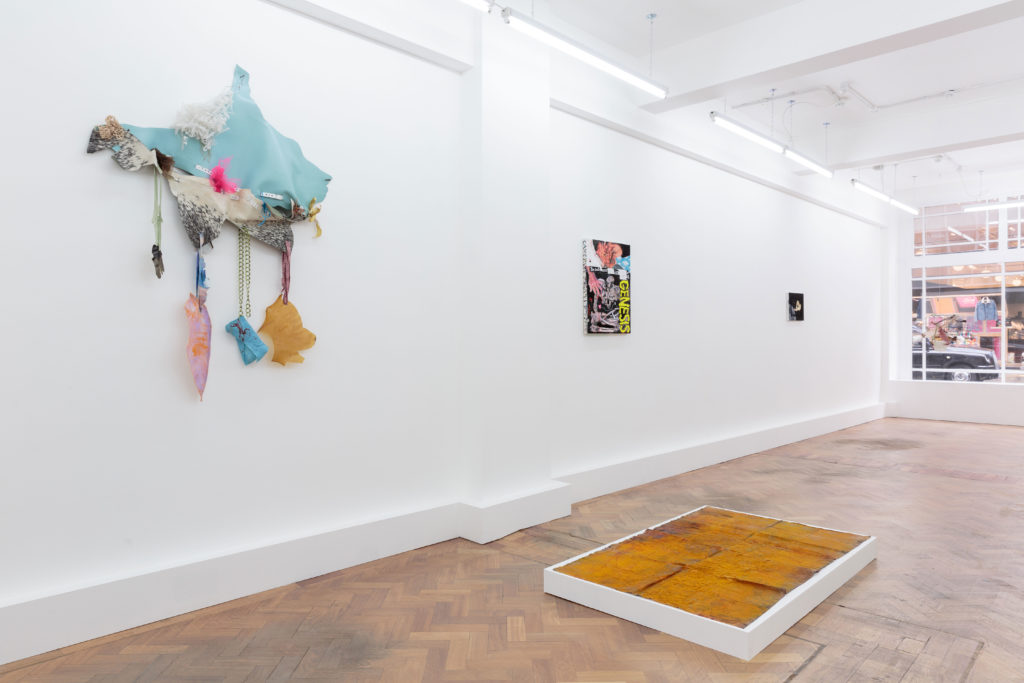
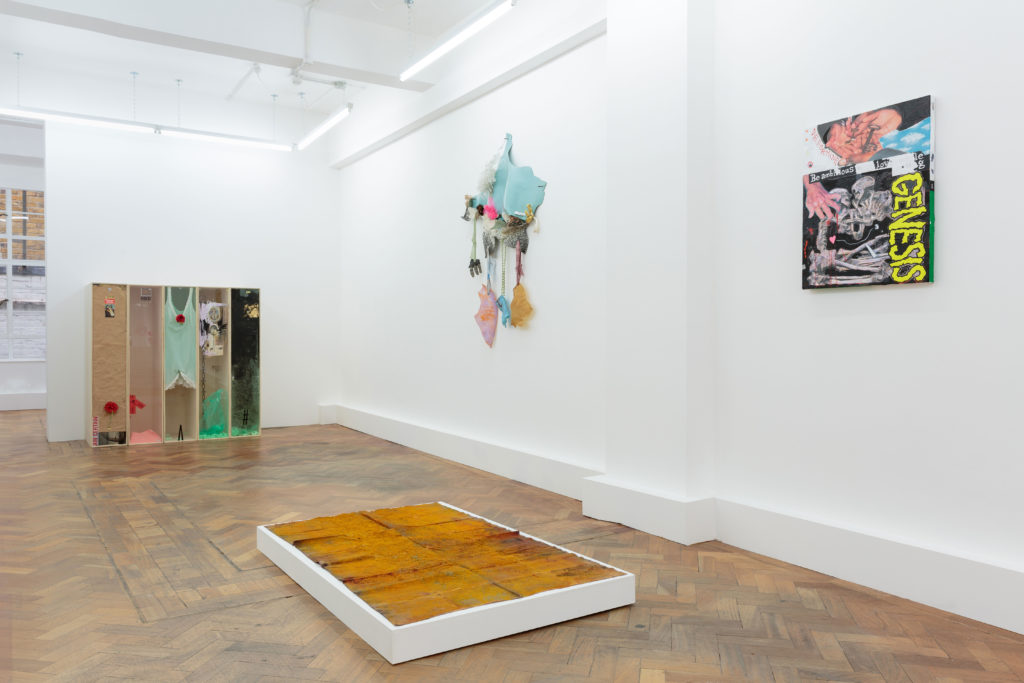
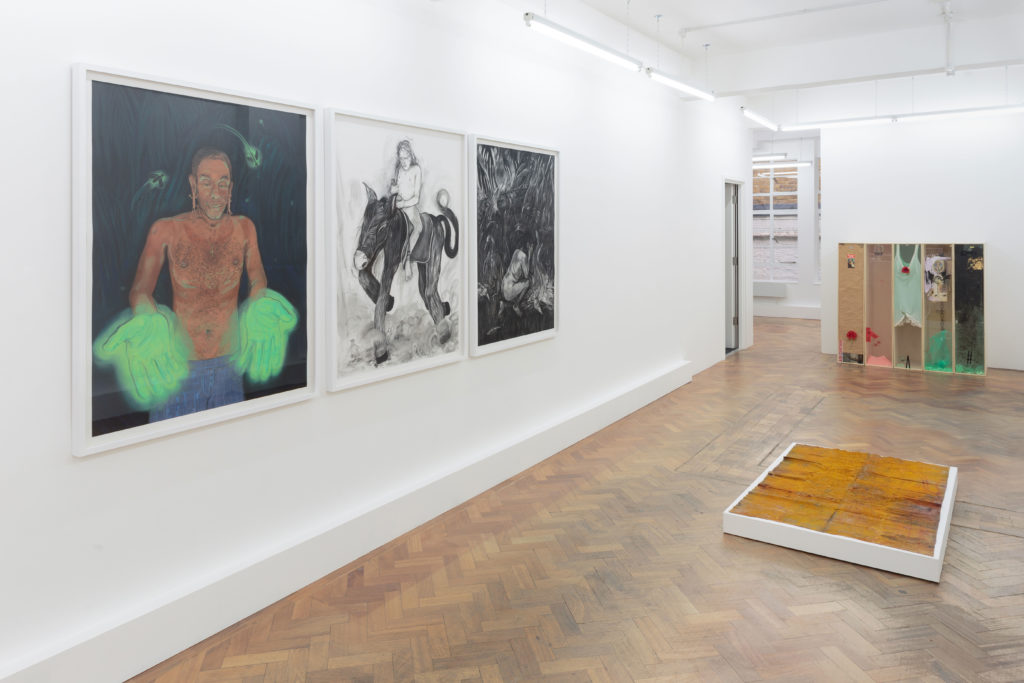
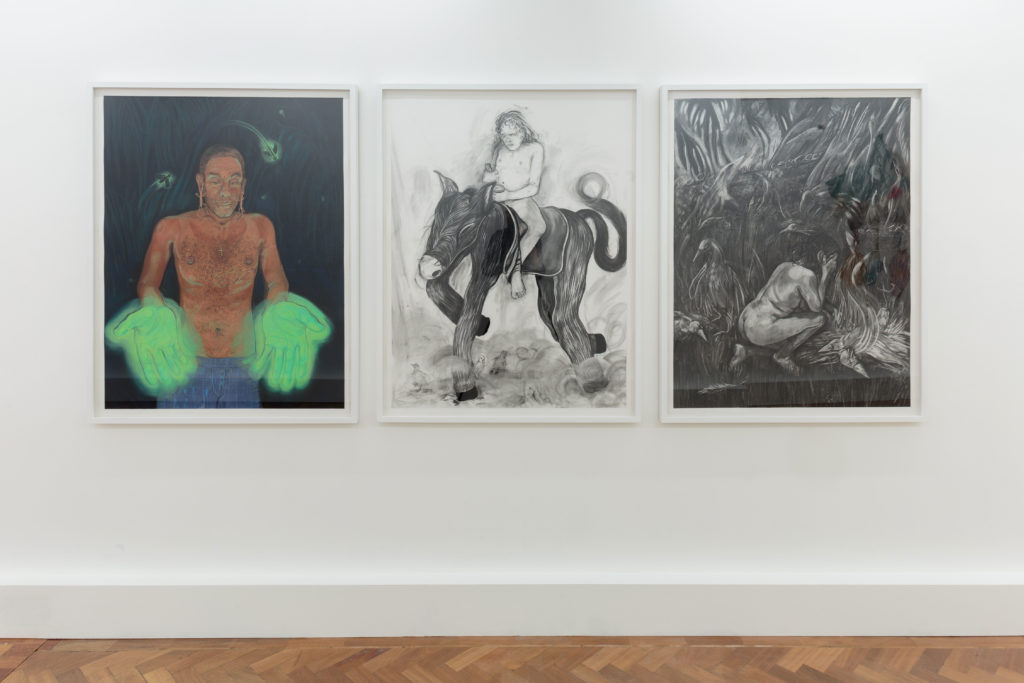
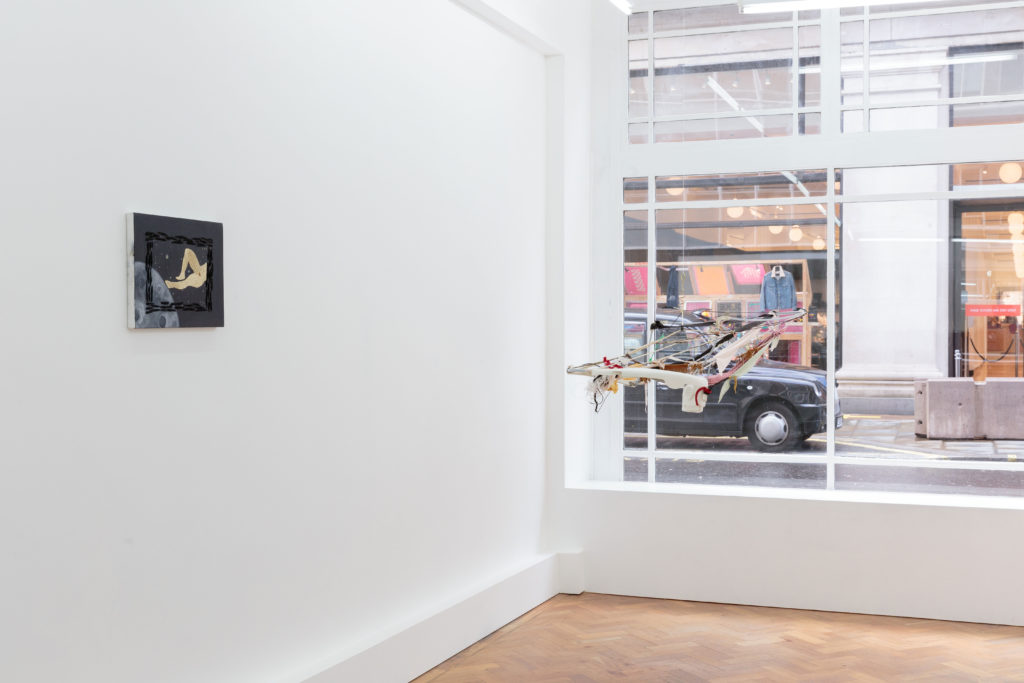
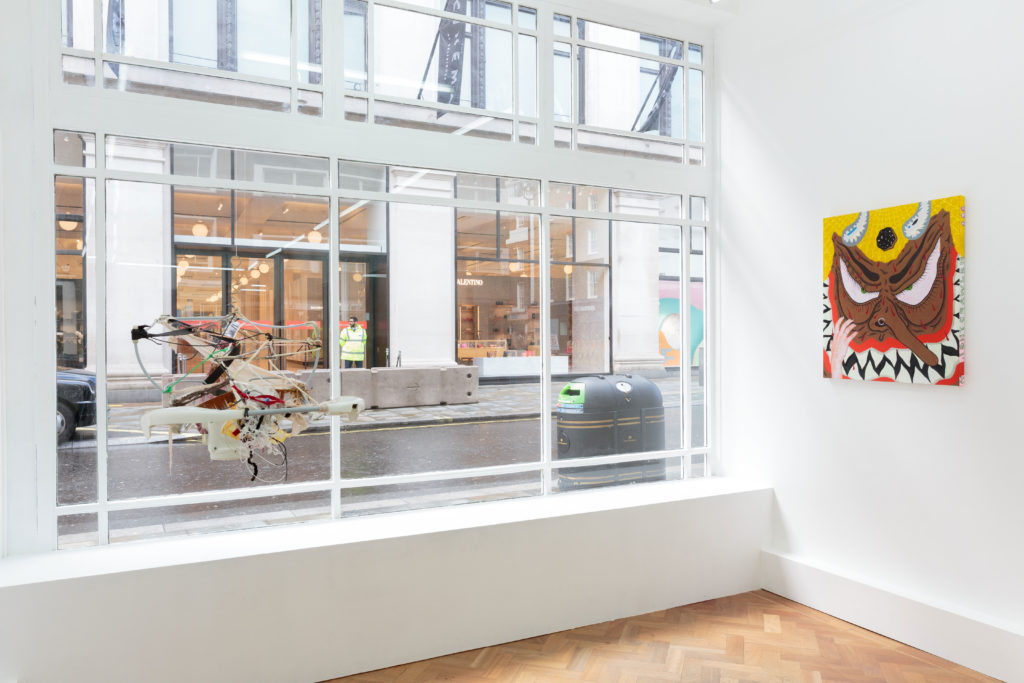
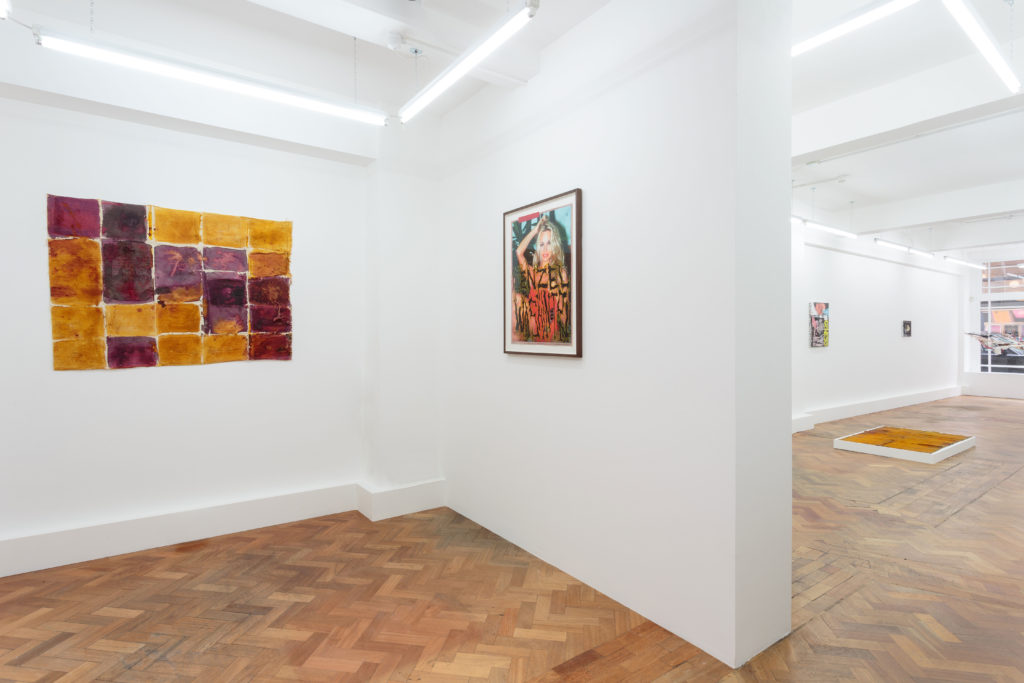
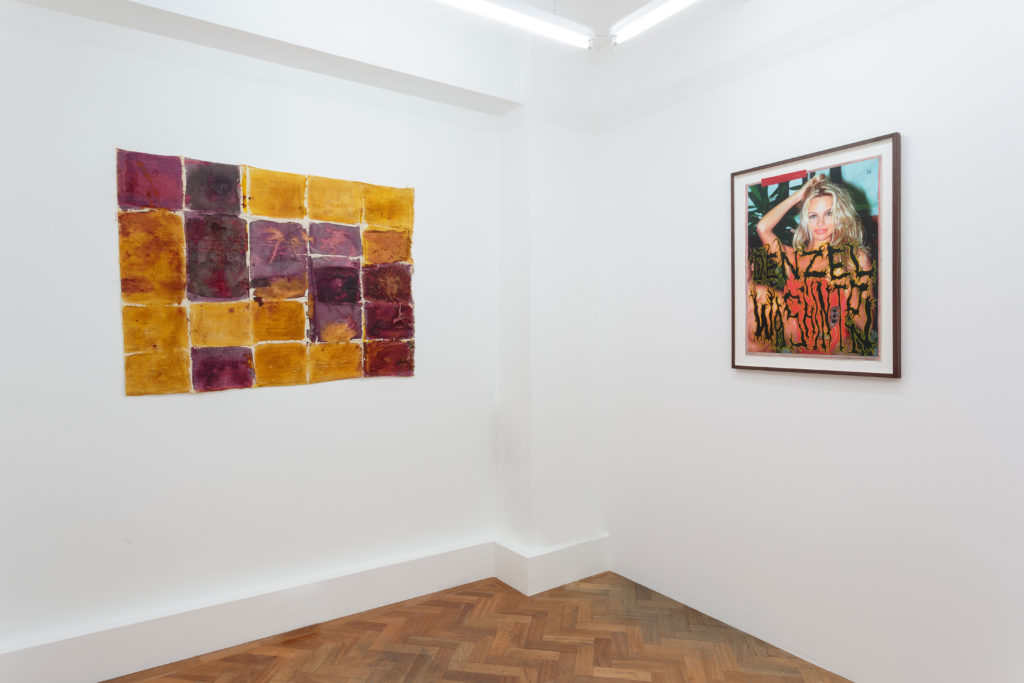
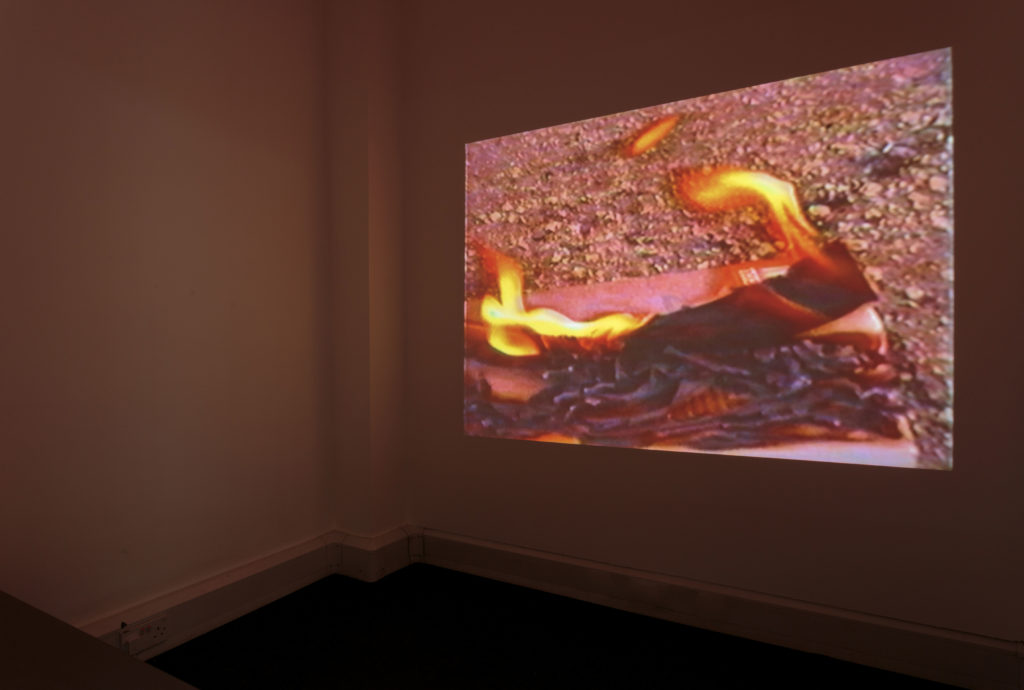
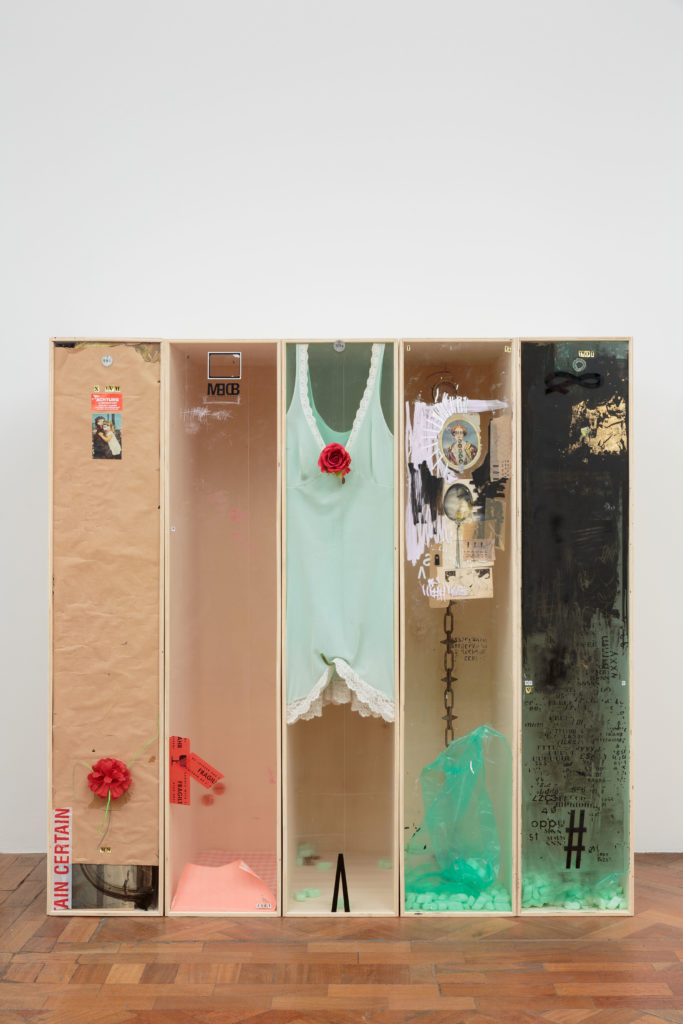
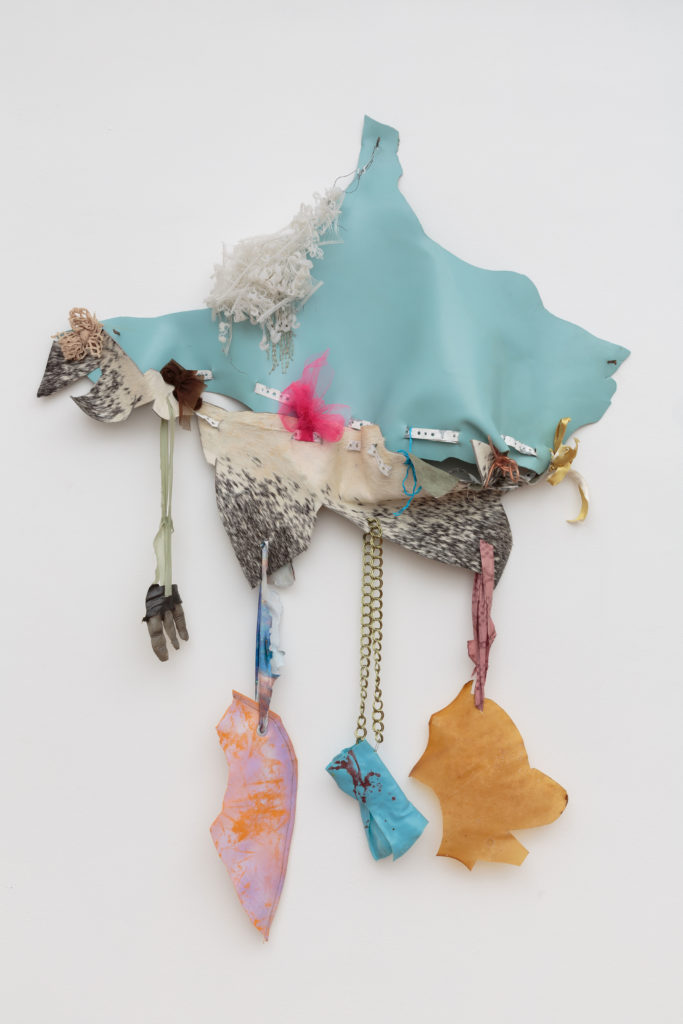
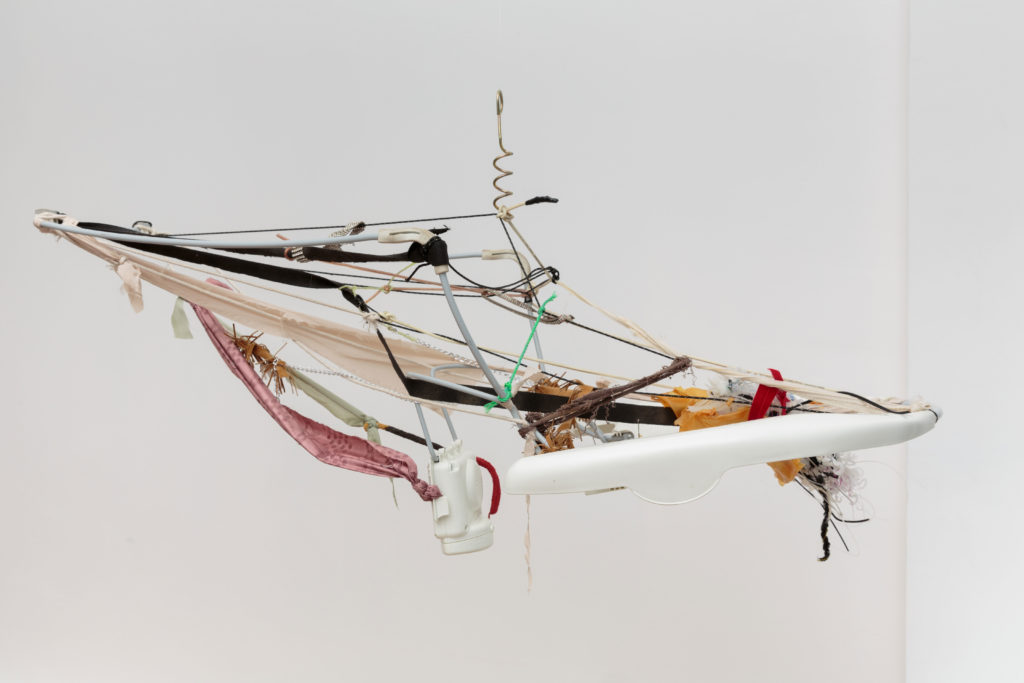
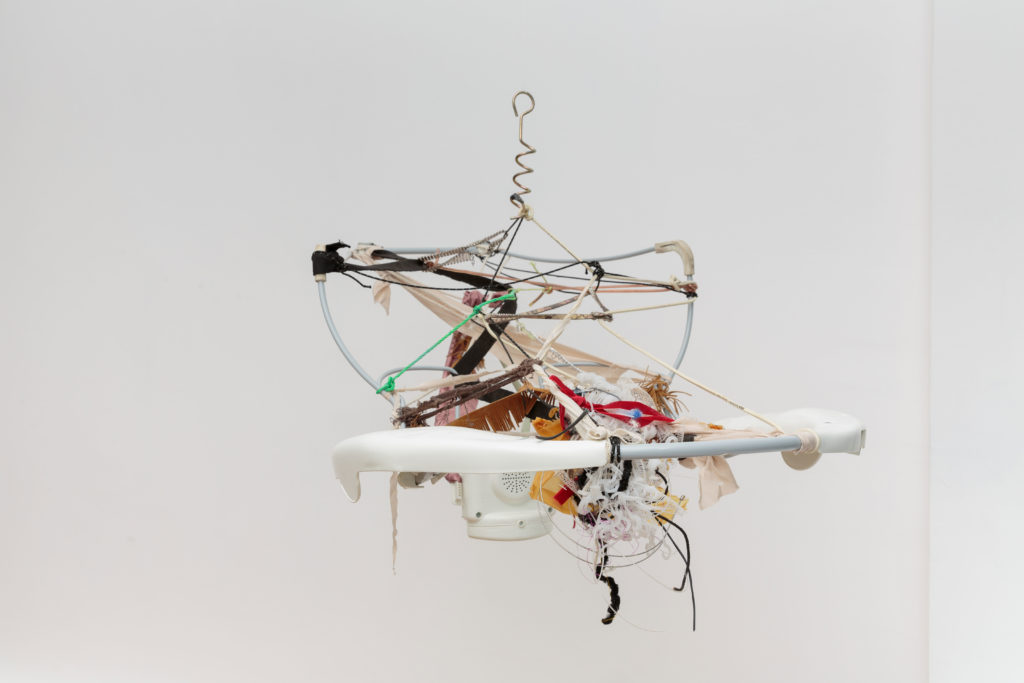
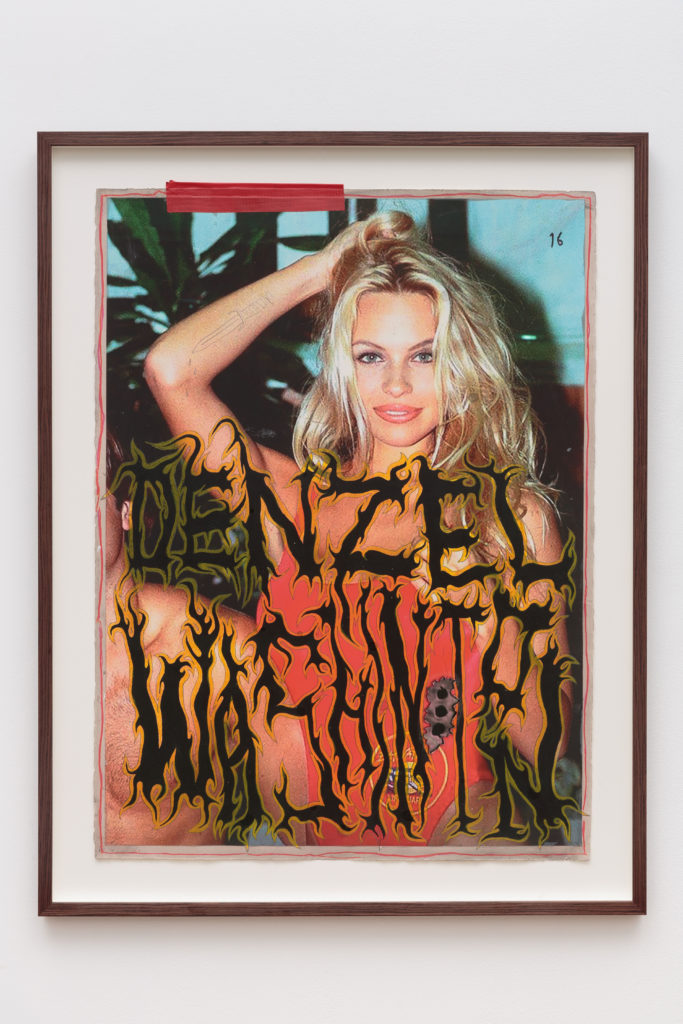
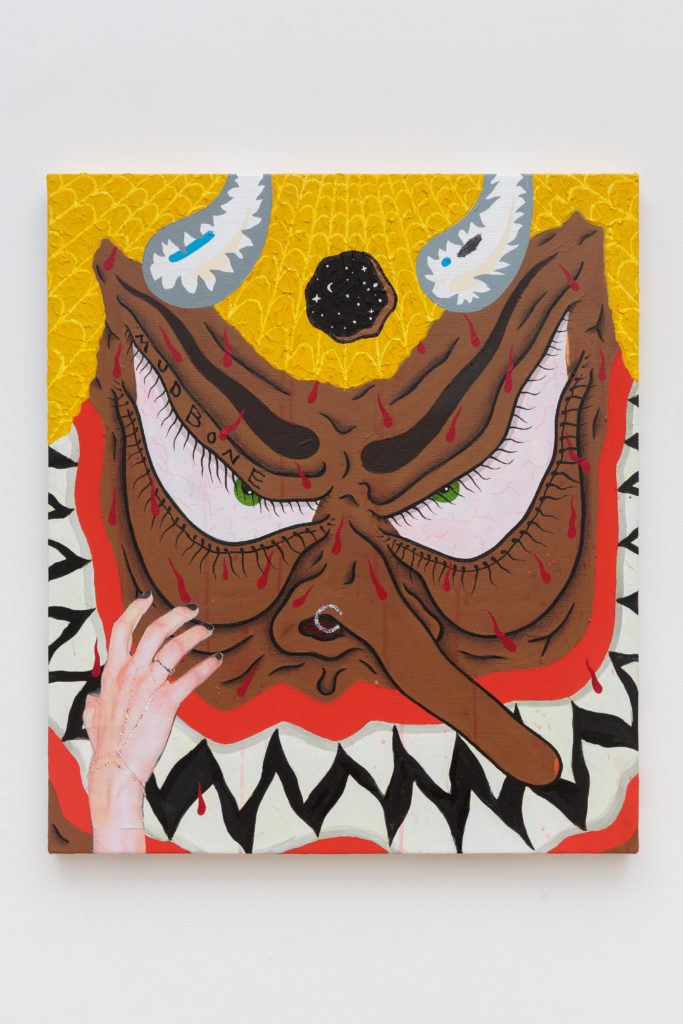
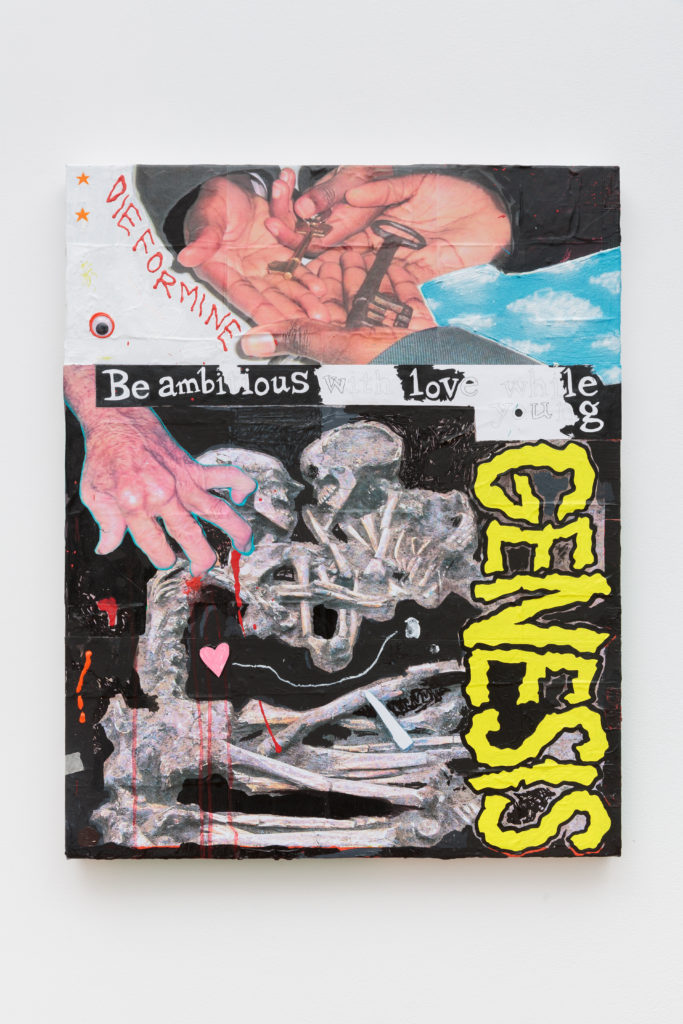
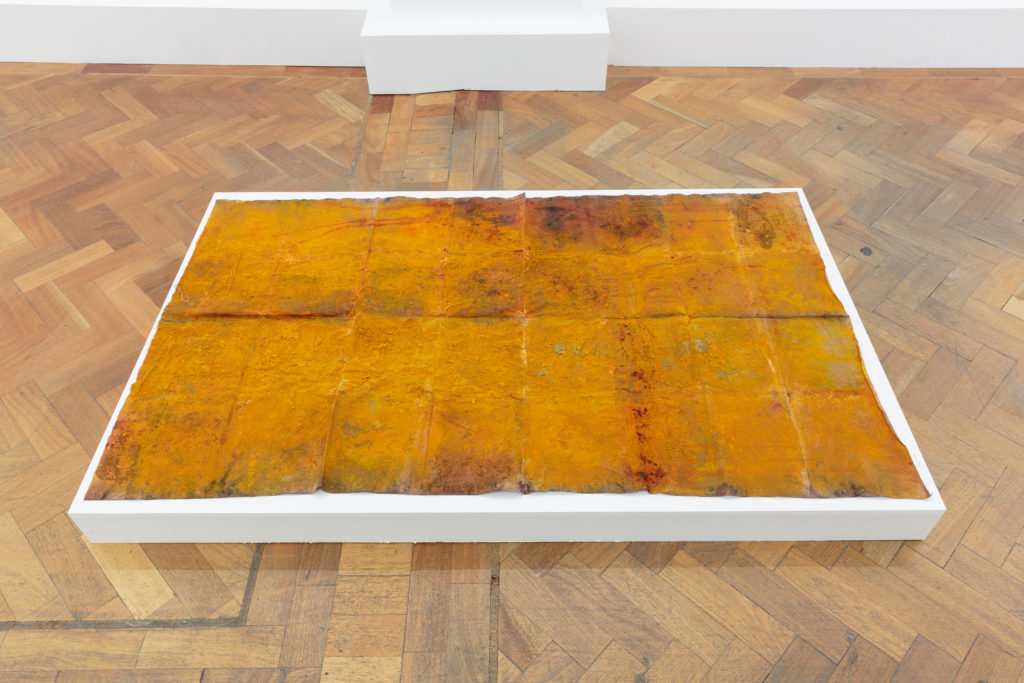
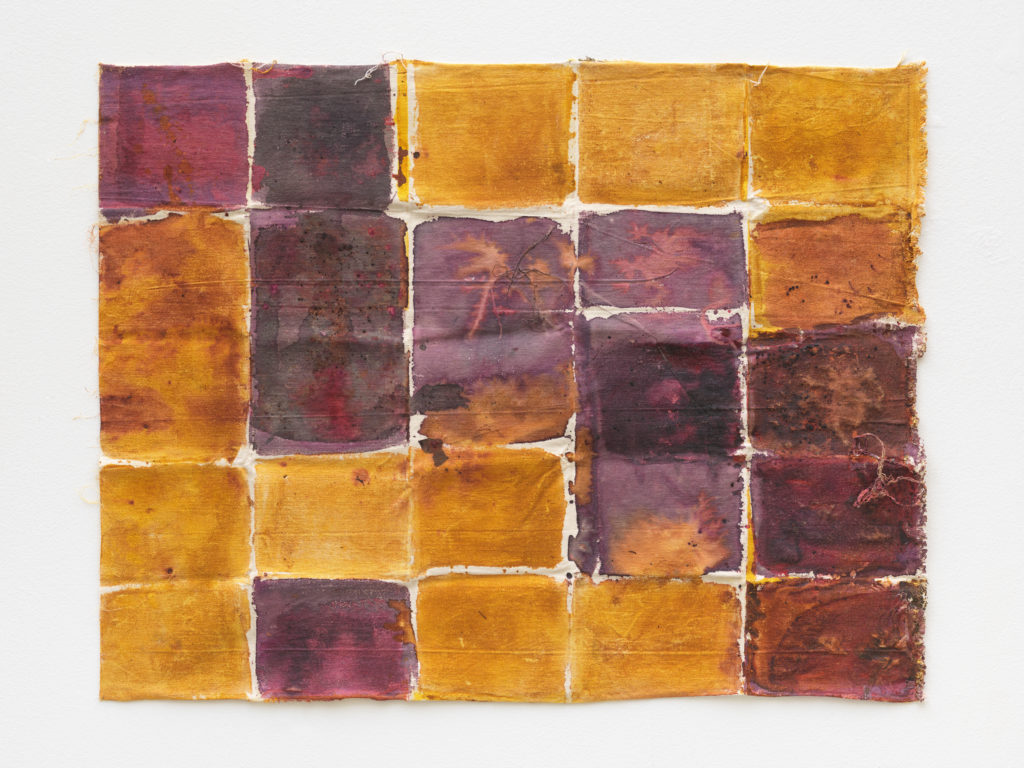
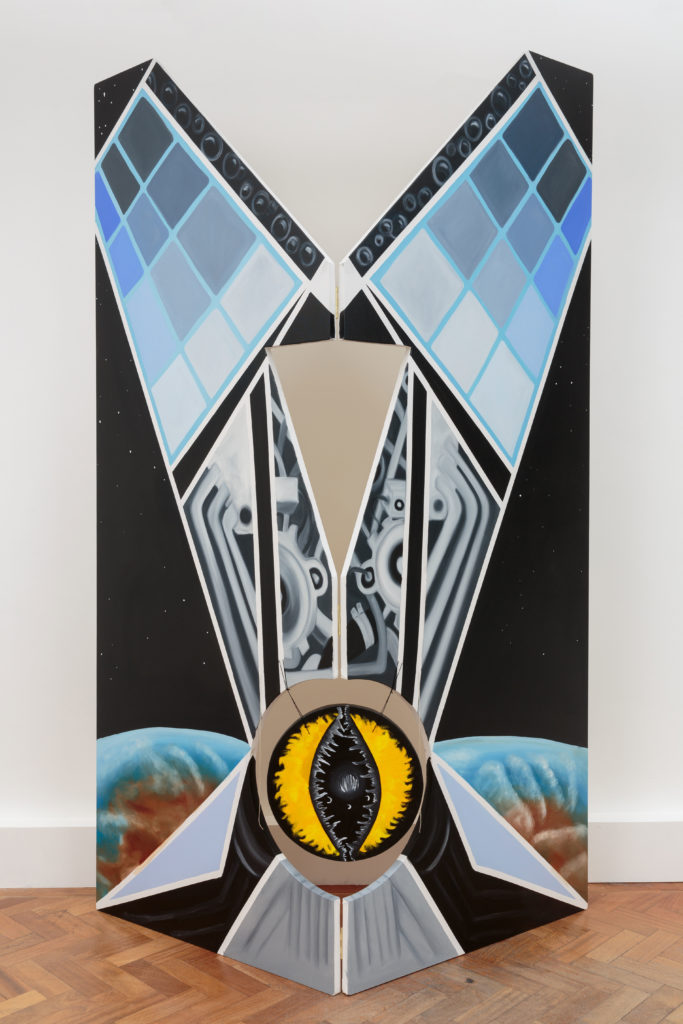
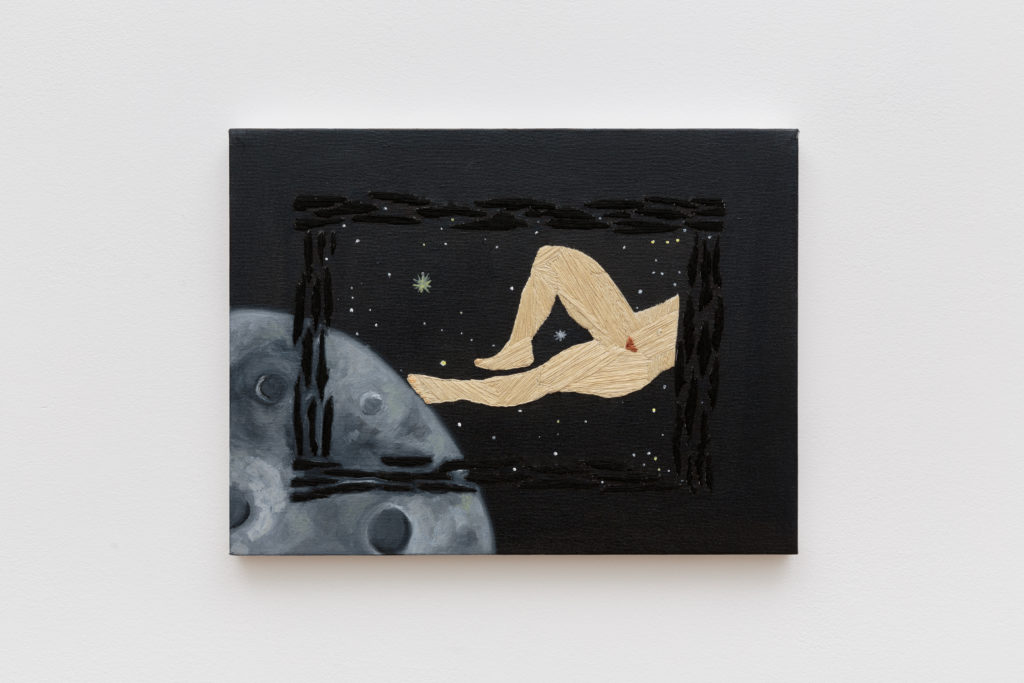
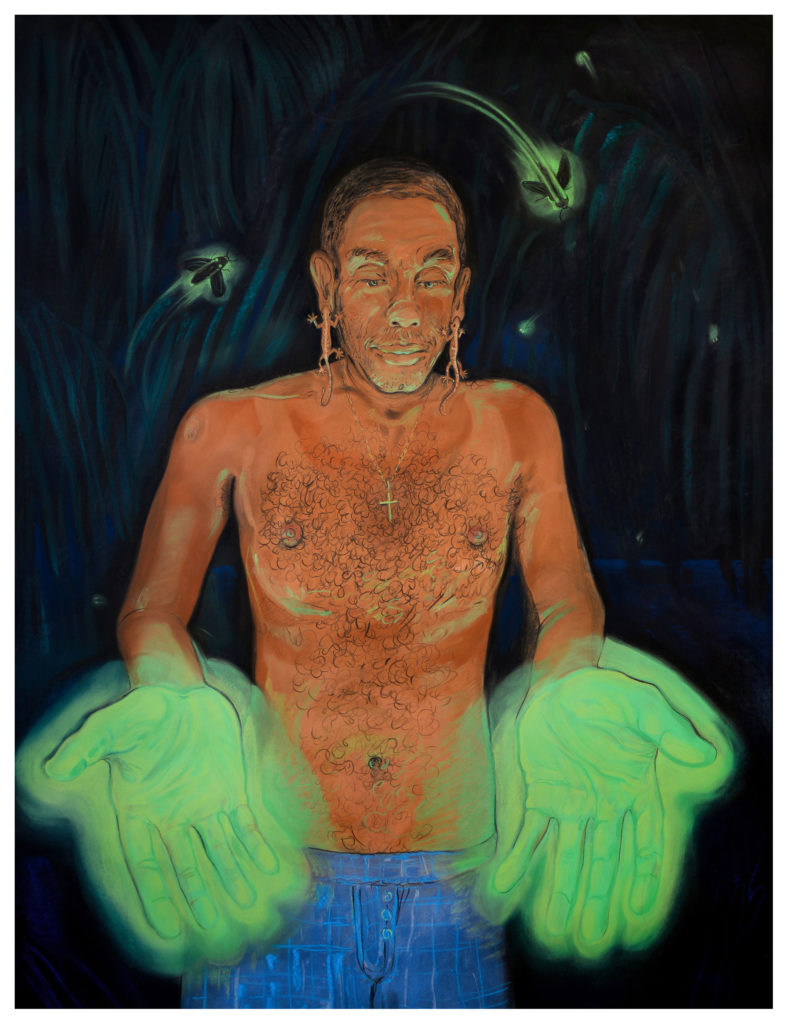
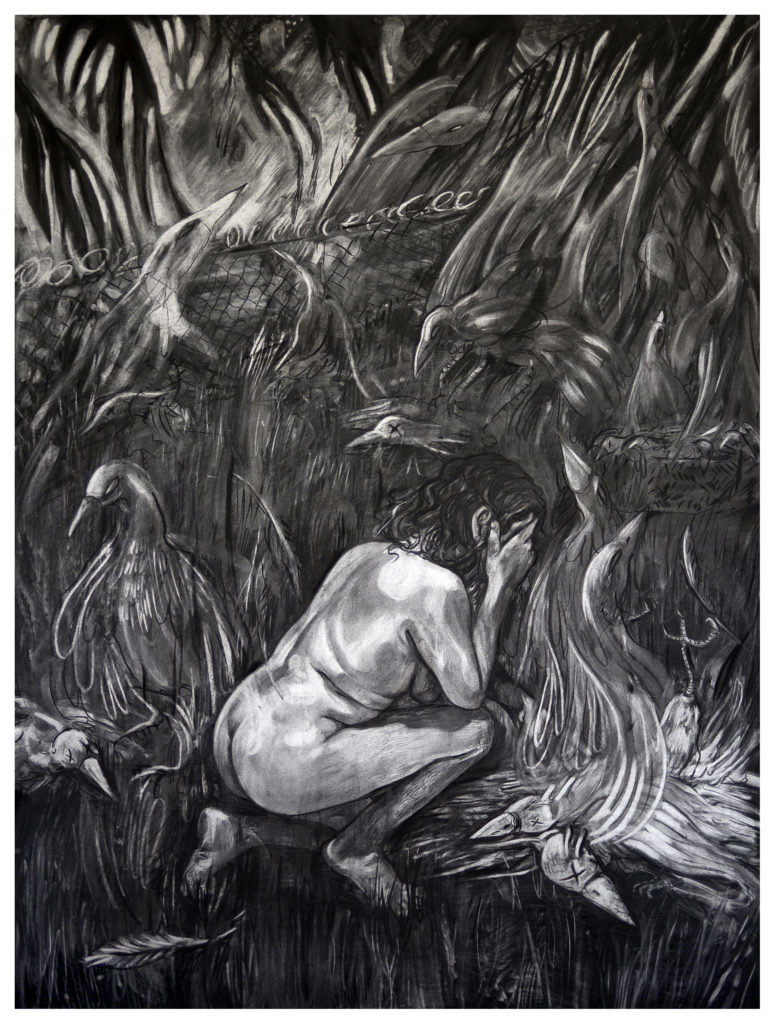
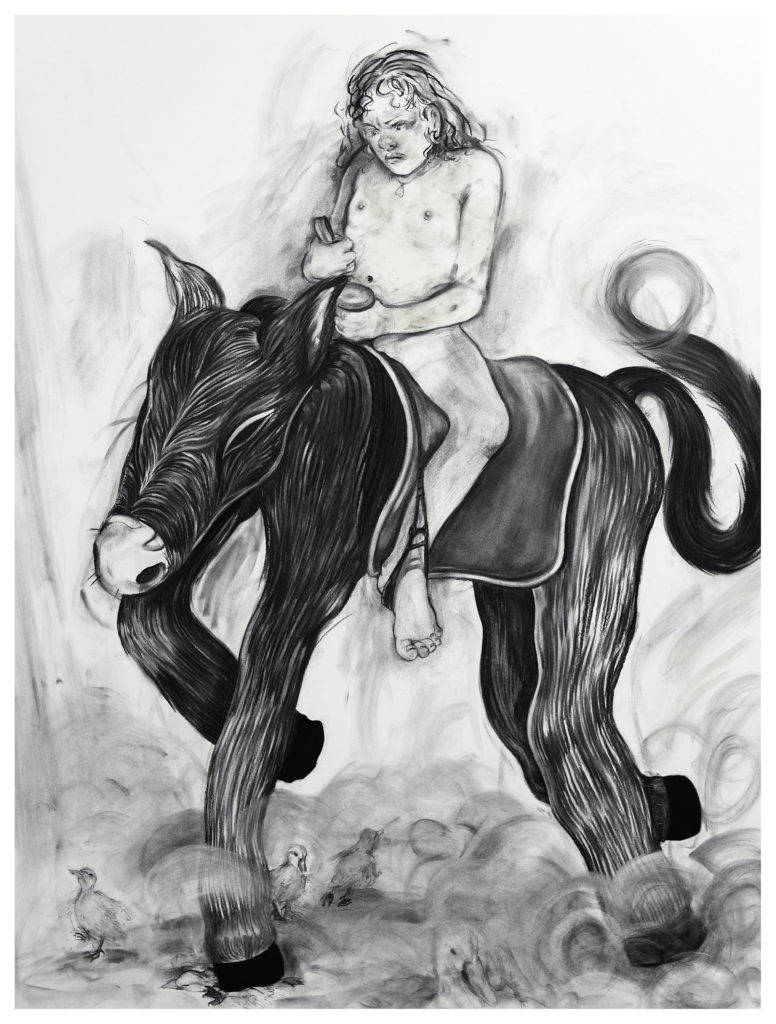
Arcadia Missa is pleased to present Notes on Entropy, the inaugural exhibition show at its new permanent gallery space in Duke Street, Marylebone.
All things break down. All things, in other words, embody entropy. This group exhibition reflects on entropy as a condition of dynamic groundlessness.
Entropy is often defined negatively. In technical terms, it can be defined as energy that is unavailable for doing ‘useful’ work. Colloquially, the term is used as a synonym for decay. This exhibition questions what it means to view the instability and degradation of entropy as a constructive process: one that destabilizes capitalist ways of being in relation and offers new ways for envisioning the world; one that embraces ‘non-useful’ work. Writing on imprisonment and disability, the anti-carceral scholar Liat Ben-Moshe has discussed abolition as a ‘dis-epistemology’, that necessitates letting go of certain ways of knowing, including even the need for and possibility of knowledge. This exhibition is interested in examining entropy as a dis-epistemology—a process of disorientation that, as Ben-Moshe suggests, is profoundly generative. Many artworks in the exhibition critically recognise that their environment has been formed by long-standing processes of exploitation and extraction. This is reflected in material decisions in sculptures by Jesse Darling and Ser Serpas, which give everyday domestic materials new form as art objects.
Through various aesthetic counter-strategies, the works on display explore logics of non-fixity and fugitivity that are vibrantly distinct from neoliberalism’s hegemonic mechanics of dispossession and crisis. Jaskiran Dhillon, introducing the concept of ‘anti-colonial entropy’, has argued that this subversive idea and organising strategy ‘promotes degradation of the social and political infrastructure necessary to sustain white settler society’. Dhillon shows that other-than-human kinship is an important site of anti-colonial entropy, pointing towards relationality as a medium of freedom dreaming, and of transforming cultural and social ethics. Situated in the context of postwar Italy, Cromogramma (1977) by Renata Boero, in its animated dialogue with the earth, queries modern separations between art and life. The work is born out of a folding process, using exclusively natural elements which are not only applied to the canvas but achieved through methods such as immersion and boiling. These actions aim to re-enact living processes within the making of the work, as a sort of ritualistic practice. The artist’s authorship is decentered, instead becoming an act of care for life other than her own.
Artworks by Frieda Toranzo Jaeger deconstruct the physical parameters of a painting in order to contemplate solipsism syndrome—experienced by astronauts when physically distanced from our world. Her work reflects on practices of worlding, denaturalising and contesting conventional assumptions of an anthropocentric visual order. In almost the reverse, reflecting inwards onto the self, Cultural Skit-zo-frenia (1993) by Jamika Ajalon, is an early video work by the artist that, through the interview question of “how do you identify yourself?”, refuses many of the strict and often imposed categories of identity. Just as subject-object divisions are turned on their head throughout the exhibition, so too are fixed understandings of how the self is viewed within the world.
As Dhillon argues, entropy disturbs the possibility of reaching conclusive or settled positions. Aesthetics of degradation and decay can direct our attention to material drift of non-ending, world-ending rupture. Fred Moten has described fugitivity as ‘anoriginal lawlessness’, a state of refusal that radically precedes and outlasts that which is being refused. This framework, deeply sceptical of origin stories, questions distinctions between subjects and objects. Artworks by Alina Perez and Cameron Spratley, exploring aspects of figuration, address the paradox of being human in an entropic world. They unpack ways that the category of the human has historically captured and contained traditions of ceremony and chaos.
With special thanks to Harry Burke and Cinenova Distribution.
Please wear a face covering unless you are exempt from doing so, and please maintain a 2 metre social distance from staf and other visitors. At times we may ask you to wait outside before entering the exhibition, if the gallery is at capacity.
List of works:
Gallery (from left to right, from entrance)
Alina Perez
Papi with Lizard Earrings Smooshing Cocuyos, 2020
Charcoal and pastel on paper, framed
134 × 104 cm (52 ¾ × 41 inches)
Alina Perez
Untitled (Horse Power), 2020
Charcoal on paper, framed
134 × 104 cm (52 ¾ × 41 inches)
Alina Perez
Sending Them Of , 2020
Charcoal on paper, framed
134 × 104 cm (52 ¾ × 41 inches)
Renata Boero
Cromogramma, 1977
Natural elements, canvas
145 × 85 cm (57 ⅛ × 33 ½ inches)
Jesse Darling
Virgin Variation 2, 2019
Wood, plexiglass, paint, packing paper, tape, stickers, cemetery flower, collage, gold leaf
136.7 × 27 × 55 cm (53 ⅞ × 10 ⅝ × 21 ⅝ inches)
Jesse Darling
Virgin Variation 9, 2019
Wood, plexiglass, paper, stickers, tape, lipstick, letraset
136.7 × 27 × 55 cm (53 ⅞ × 10 ⅝ × 21 ⅝ inches)
Jesse Darling
Virgin Variation 10, 2019
Wood, plexiglass, packing peanuts, plastic, locker plate, silver chain, negligee, cemetery rose
136.7 × 27 × 55 cm (53 ⅞ × 10 ⅝ × 21 ⅝ inches)
Jesse Darling
Virgin Variation 7, 2019
Wood, plexiglass, paint, plastic, packing peanuts, letraset, baggage scales, steel chain, stickers
136.7 × 27 × 55 cm (53 ⅞ × 10 ⅝ × 21 ⅝ inches)
Jesse Darling
Virgin Variation 8, 2019
Wood, plexiglass, stickers, plastic, packing peanuts, printing ink, gold leaf, letraset
136.7 × 27 × 55 cm (53 ⅞ × 10 ⅝ × 21 ⅝ inches)
Ser Serpas
Lickshot dramamine and my ambition flow, 2018
Mixed media
Approximate dimensions: 150 × 106 × 17 cm (59 × 41 ¾ × 6 ¾ inches)
Cameron Spratley
Be Ambitious With Love While Young, 2020
Acrylic, gouache, flashe, spray paint, collage, glitter, tape, colored pencil, googly eye, and china marker on canvas
67.31 × 53.98 cm (26 ½ × 21 ¼ inches)
Frieda Toranzo Jaeger
At Venus’ feet, 2020
Oil on canvas and embroidery
30 × 40 cm (11 ¾ × 15 ¾ inches)
Ser Serpas
Time in ghost colours, 2016
Mixed media
Approximate dimensions: 50 × 53 × 115 cm (19 ⅝ × 20 ⅞ × 45 ¼ inches)
Cameron Spratley
PRIOR, 2020
Acrylic, flashe, phosphorescent pigment, pearlescent pigment, gouache, glitter, molding paste, collage, colored
pencil, and china marker on canvas
76.20 × 66.04 cm (30 × 26 inches)
Projection room
Jamika Ajalon
Cultural Skit-zo-frenia, 1993
Video with sound
10 minutes
Office (from left to right)
Frieda Toranzo Jaeger
“Universopolis” unbelievable space love, 2020
Oil on canvas and embroidery
Fully extended panels: 250 × 190 cm (98 ⅜ × 74 ¾ inches)
Renata Boero
Cromogramma, 1978
Natural elements, canvas
131 × 96 cm (51 ⅝ × 37 ¾ inches)
Cameron Spratley
Pamela, 2016
Inkjet Print, Acrylic, Colored Pencil, Vinyl Decal, and Duct Tape on paper, framed
88.90 × 66.68 cm (35 × 26 ¼ inches)